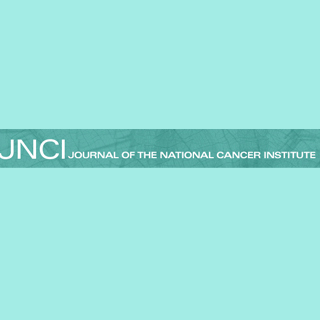
Amongst the various clinical trials initiated by the Women’s Health Initiative (WHI), one study supposedly revealed some startling facts. It showed that women with previous hysterectomy subjected to combined estrogen along with progestin therapy had a statistically prominent elevation in lung cancer mortality. It should be noted that the combination did not seem to increase chances of developing the disease. Some other studies analyzing this combined hormone therapy were apparently unable to report similar results. However, the precise function of estrogen may continue to remain covered.
During a post-hoc analysis, the scientists aimed to ascertain if use of estrogen alone was linked with lung cancer incidence and increased lung cancer mortality. Data from a previous randomized, double-blind, placebo-controlled trial in the WHI was thoroughly scrutinized by the authors. Rowan T. Chlebowski, M.D., Ph.D., of the Los Angeles Biomedical Research Institute, and colleagues commenced this trial in 40 centers in the U.S. It encompassed 10,739 postmenopausal women aged 50–79 years with a hysterectomy who were randomly categorized into groups for achieving estrogen alone or placebo.
On completion of the study it was noted that 34 deaths from lung cancer occurred in the estrogen group and 33 deaths were reported in the placebo group. So use of estrogen alone may not be linked to lung cancer incidence or death from lung cancer in women with hysterectomies. The impact of combined estrogen and progestin and estrogen alone on coronary heart disease is claimed to be similar, yet variations occur on different types of cancer.
Experts mentioned that the combined therapy revealed a statistically prominent elevation of breast cancer incidence, but estrogen alone displayed a decline in such incidences. Even a significant reduction was monitored in colorectal cancer due to combined therapy and estrogen alone was not associated with it. It should be noted that the study included a small sample size and requires further investigation that compares combined therapy to estrogen alone. The findings may provide relief to those with previous hysterectomy employing estrogen alone for climacteric symptom management.
The study was published online on August 13 in The Journal of the National Cancer Institute.
